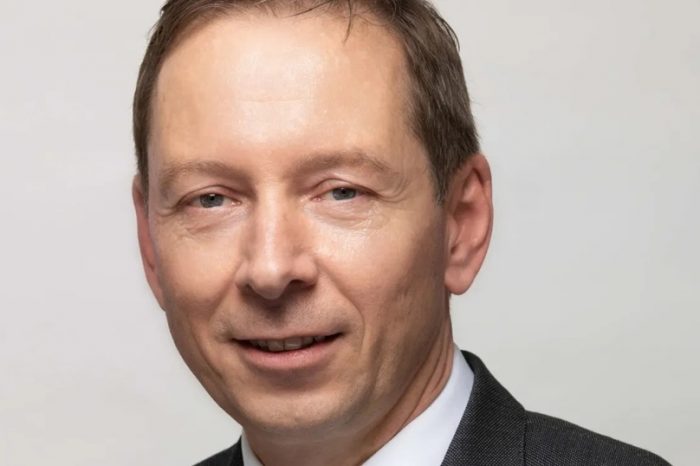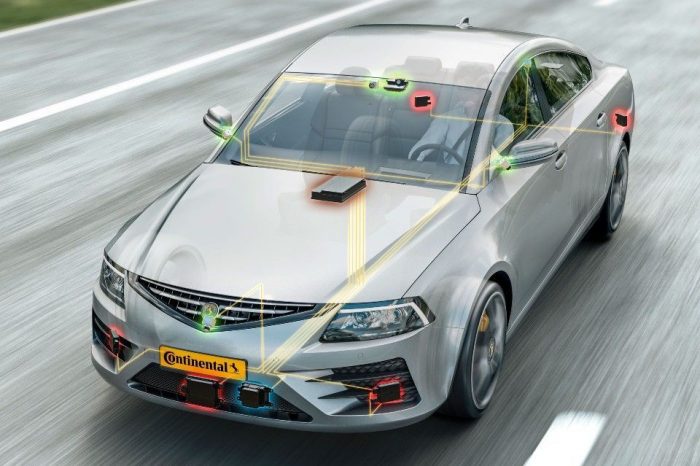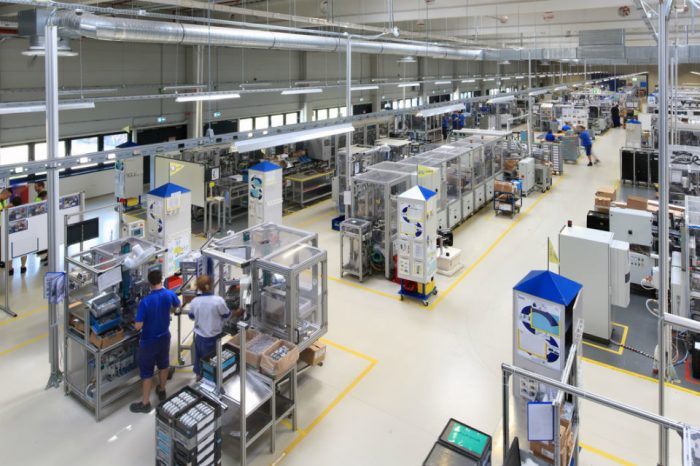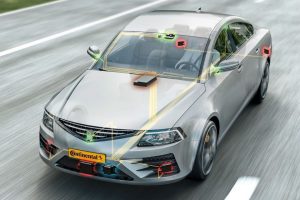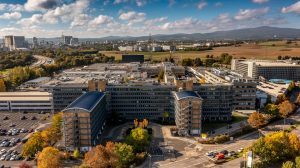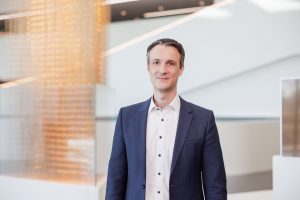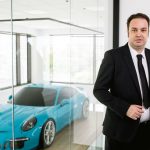Marius Mihailovici, Porsche Engineering Romania: We are developing projects based on AI, 5G and car to car communication
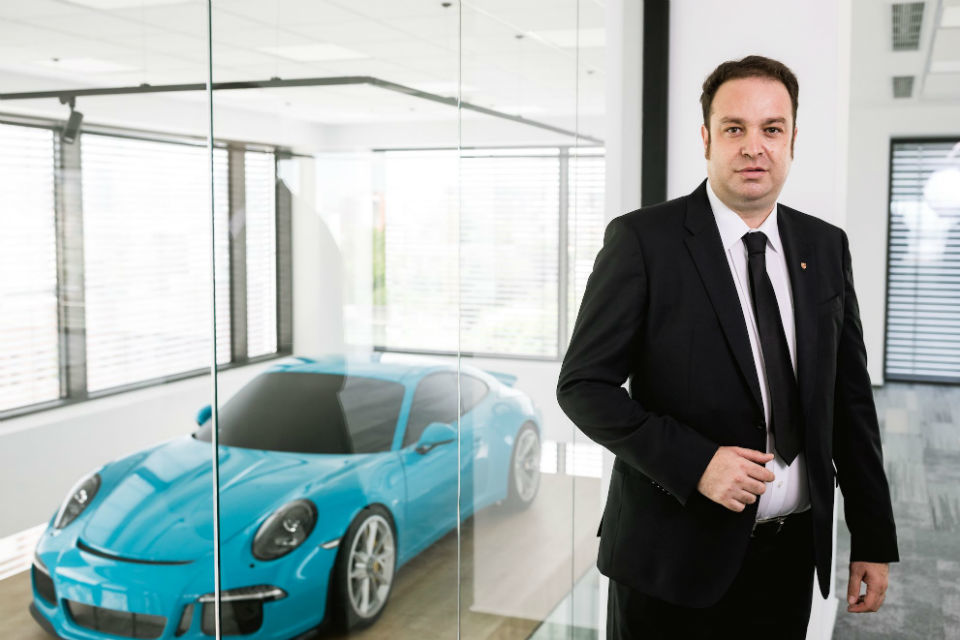
Porsche Engineering Romania, headquartered in Cluj-Napoca, became operational in 2016. It is a wholly-owned subsidiary of Porsche Engineering Group and therefore integrated in the global network of Porsche Engineering, with locations in Weissach, Bietigheim-Bissingen, Wolfsburg, Leipzig (all Germany), Prague, Ostrava (both in Czech Republic), Shanghai (China), Cluj-Napoca (Romania), and Nardo (Italy). Porsche Engineering Group is a 100 percent subsidiary company of the sports car manufacturer Porsche AG.
In an interview with Automotive Today, Marius Mihailovici, General Manager of Porsche Engineering Romania, shared his thoughts on the evolution of the Romanian automotive industry and also revealed its future projects.
What is your view on the Romanian automotive industry of the past years?
The automotive industry has seen considerable growth over the past years in Romania. On one hand, this was fuelled by the global industry trends such as the digital transformation, the impact of new technologies and electromobility. On the other hand, an increasing number of international companies have set up centres in Romania lately, drawn by the quality of people and by the country’s good reputation in the IT field.
This growth will probably continue, as many automotive companies and many of their suppliers are redesigning their business to allow for an increased role of software development. Some of them are even repositioning themselves as software manufacturers, which, I guess, says a lot about the direction where the automotive industry is headed. We were lucky, in Romania, to capture quite a lot of this growth.
What are the development prospects of the local automotive industry, medium and long term?
They are very closely intertwined with the international trends and, luckily, we are riding that tide in Romania. With our focus on digital technology, on machine learning, AI, and automated driving, we are at the forefront of our industry now, so our prospects, medium and long term, should be very good, as long as we keep our legislation consistent and we continue to invest in the education and training of new generations of specialists. We need to keep our skillsets competitive as we are keenly aware that we are operating on a global market.
The automotive business is going through a fundamental change and it is a great opportunity for us to be part of this revolution. From our company’s perspective, we have a steady and sustainable growth plan.
What projects do you have in the pipeline to further develop your R&D business?
AI, 5G, car to car communication… we are involved in all these new technologies and are developing projects based on all of them. We are structuring our company to accommodate them better, hiring and training teams specialising in software security and machine learning. Taking one step further our cooperation with the Technical University of Cluj-Napoca and Babes Bolyai University in Cluj Napoca, we are hosting several doctoral projects that will be conducted over the next two to three years. This enables students to have a very real playground and test their fresh ideas, and places us in a professional mentorship position.
Our team of engineers is also involved in developing several original solutions which, soon enough, will be validated, patented, and then, hopefully implemented at group level – i.e. global level. These projects focus mainly on hybrid and full electric cars and it will take at least a couple of years to reach the final phase.
What does your investment plan include – short term and long term?
Our priority continues to be the development of our team, with everything that it entails – recruitment, office space, equipment, and training. We are a people business and a software company, so our investment is mostly related to the people we hire.
What type of solutions are you recommending for the human resources crisis in Romania?
We do see, like everyone else, that Romania’s potential is now limited by this human resources shortage. This is unprecedented and unfortunate, as we do see how many good specialists are heading towards different countries, while the colleges and high schools cannot produce valid replacements fast enough. It is no secret that our first priority was to support the local education system. We are based in Cluj, which is a university city in itself and we have established, since the beginning, a long-standing and very serious cooperation with the Technical University of Cluj-Napoca. We started with a full master’s program in automotive engineering, as the type of software specialists we are looking for are those who also have good engineering knowledge and understanding of all functions of a vehicle, and we are now also coordinating several PhD papers, as our students are growing and want to pursue their research with us even further
Most likely, in the near future, we will have to consider outreach programs that would cover the technical high schools as well. We are not concerned with the on-the-job training of the people, we have a culture of learning within the company and people can adjust to our requirements, but they do need to have the background technical knowledge that enables them to quickly get up to speed. This is what we are trying to do for them via our master’s program which, as we are well aware, trains students for the entire local automotive industry, not only for our company.
Creating high value, high involvement jobs, that can stimulate people’s pride and sense of purpose, here, in Romania, would be key, in my opinion, to hoping for the return of the specialists Romania has lost to other countries in the past few years. You cannot expect people to come back, unless you can offer them similar positions or similar standards of living. With the joint contribution of international companies operating here in Cluj, we see that this is starting to happen. Indeed, Cluj is a vibrant city with lots of good opportunities. This is why last year we did hire several specialists who had returned from abroad to work, once again, in their home country.
What are the key positions where you see a shortage of people in your industry? What type of specialists are the automotive companies looking for, here in Romania?
Oddly enough, we are missing software engineers. Many people from the software industry are reluctant in coming to the automotive industry, believing we are still relying more on engineering rather than software development. As I said, we are at a turning point in our industry, where software is playing an increasingly important role. However, it is true that the type of software we need has to be 100 percent safe. We are not dealing with a simple computer shutdown or restart, but with driving human beings. Our margin of error is zero percent.
Once we can instil this type of thinking into our people, engineers, or software developers, they become the right type of people for us.
How is the vocational education going to help in solving the HR crisis? What type of colleges and professional schools are required for the adequate training of the local specialists for the automotive industry?
Normally, the type of specialists we require need quite a lot of engineering and software knowledge, so we currently find it hard to find them in high schools, unfortunately. This is why we directed our efforts towards the University. Of course, in the near future we will start reaching out to high school students as well, to encourage them to choose technical universities and engineering as a career.
We are also reaching out to attract more women into our business. We already have excellent female colleagues in our company. We believe that in order to further tap into this very valuable potential, that has been insufficiently promoted in the past, women need to be stimulated and encouraged to choose engineering and technical careers early in their education.
What are the latest changes in the legislation that have impacted the automotive industry the most?
Any type of legislation that promotes the development of road infrastructure, energy infrastructure and the large-scale introduction of full electric vehicles would affect our industry. Like any other company operating here, we do appreciate predictability and a certain stability of the tax system, in order to make sure the plans we are making, especially for the medium and long term, can be carried out.


